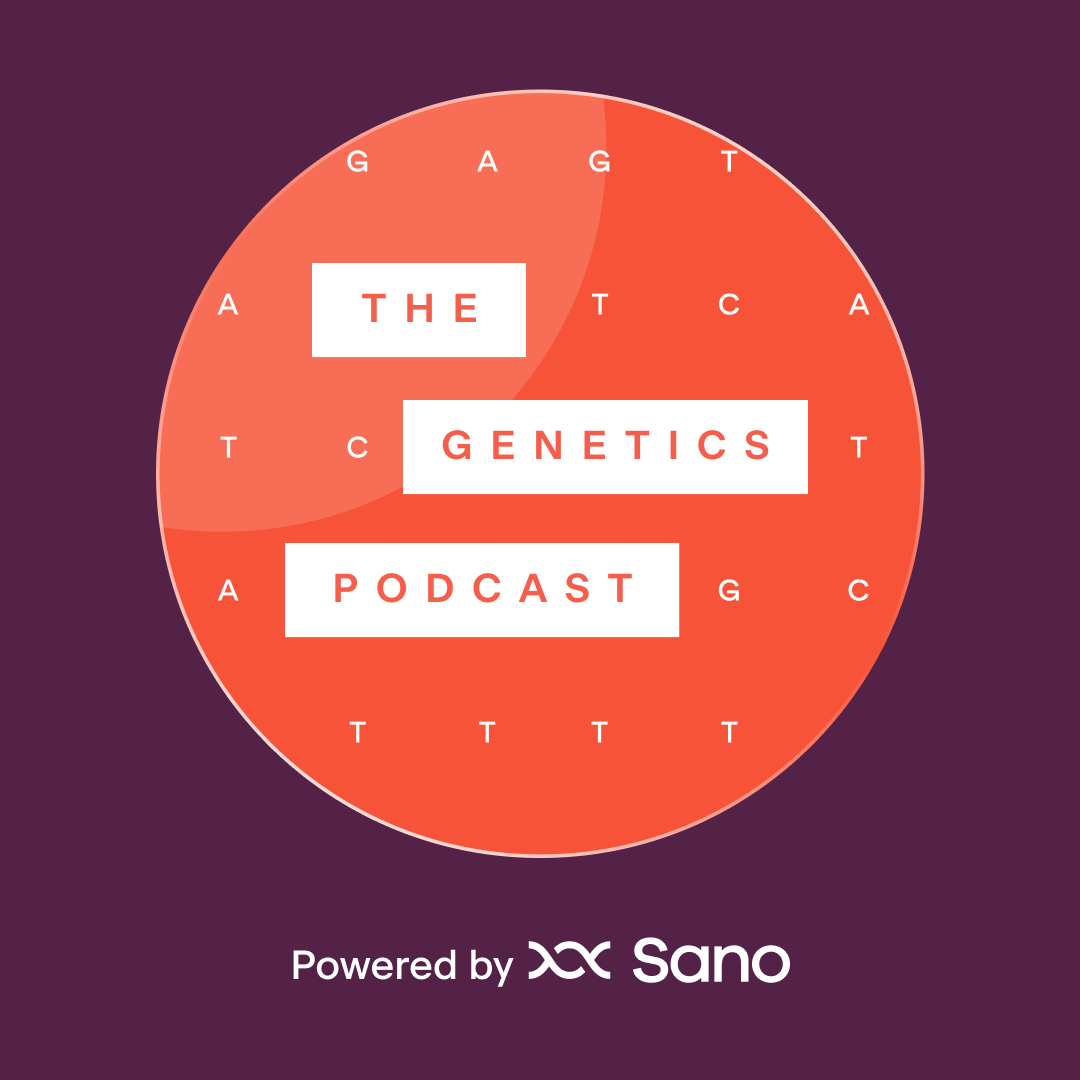EP 98: Cancer, ageing, and somatic mutation variation across mammals with Alex Cagan (Wellcome Sanger Institute)
May 11, 2023

In this episode, Patrick is joined by Alex Cagan, a Postdoctoral Fellow in the Cancer, Ageing and Somatic Mutation programme at the Wellcome Sanger Institute, specialising in evolutionary processes in somatic tissue. Tune in as Alex walks us through a fascinating new study, years in the making, looking at somatic mutation rates across 16 mammalian species, spanning 30-fold in lifespan and around 40,000-fold in body mass. This work sheds light on fundamental questions in cancer and ageing across the tree of life.
0:00 Intro
6:00 Collaborating with the London Zoo, and the challenges of sourcing tissue from long-living animals
9:06 Why are naked mole rats so important to the cancer and ageing community?
11:32 The scale and breadth of species sampled in the study
14:53 Is there a ceiling to how many mutations an organism can tolerate?
17:53 Why are intestinal crypts so effective for sequencing somatic mutations?
20:44 Key learnings from driving a 5-year study into somatic evolution
22:46 Are there really any “immortal” species, and what are they?
25:19 Why are cancer rates lower in larger species, and is this related to lower mutation rates, DNA error correction or both?
27:24 Investigating transmissible cancers in Chernobyl
29:40 Is cancer everywhere in the tree of life?
31:23 Alex talks about applying his talent for illustration to science
38:56 The Sanger Tree of Life program, the Darwin Tree of Life project, and the bright future ahead for research on somatic mutations
40:14 Outro
Find out more about the study: https://www.nature.com/articles/s41586-022-04618-z
In this episode, Patrick is joined by Alex Cagan, a Postdoctoral Fellow in the Cancer, Ageing and Somatic Mutation programme at the Wellcome Sanger Institute, specialising in evolutionary processes in somatic tissue. Tune in as Alex walks us through a fascinating new study, years in the making, looking at somatic mutation rates across 16 mammalian species, spanning 30-fold in lifespan and around 40,000-fold in body mass. This work sheds light on fundamental questions in cancer and ageing across the tree of life.
0:00 Intro
6:00 Collaborating with the London Zoo, and the challenges of sourcing tissue from long-living animals
9:06 Why are naked mole rats so important to the cancer and ageing community?
11:32 The scale and breadth of species sampled in the study
14:53 Is there a ceiling to how many mutations an organism can tolerate?
17:53 Why are intestinal crypts so effective for sequencing somatic mutations?
20:44 Key learnings from driving a 5-year study into somatic evolution
22:46 Are there really any “immortal” species, and what are they?
25:19 Why are cancer rates lower in larger species, and is this related to lower mutation rates, DNA error correction or both?
27:24 Investigating transmissible cancers in Chernobyl
29:40 Is cancer everywhere in the tree of life?
31:23 Alex talks about applying his talent for illustration to science
38:56 The Sanger Tree of Life program, the Darwin Tree of Life project, and the bright future ahead for research on somatic mutations
40:14 Outro
Find out more about the study: https://www.nature.com/articles/s41586-022-04618-z